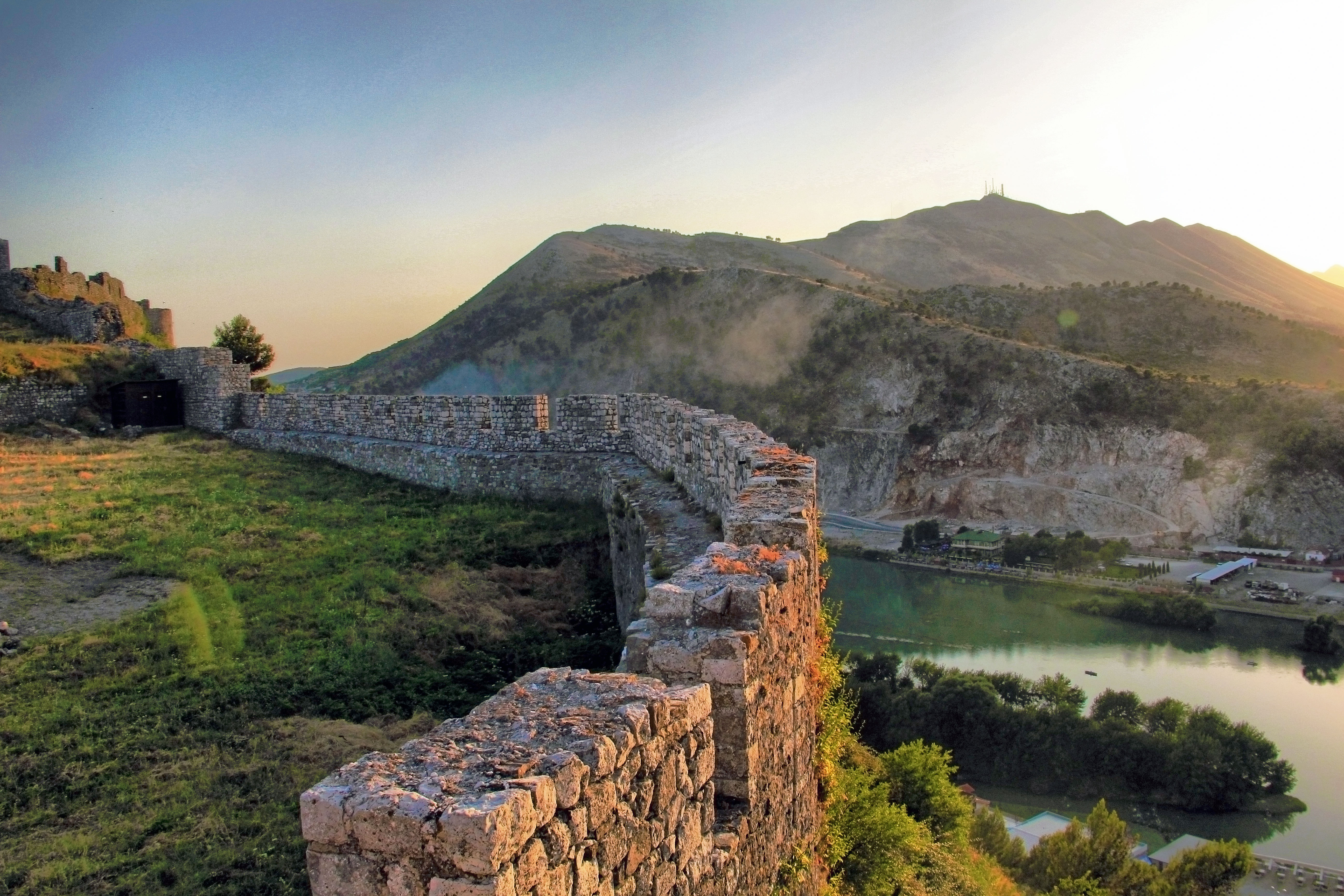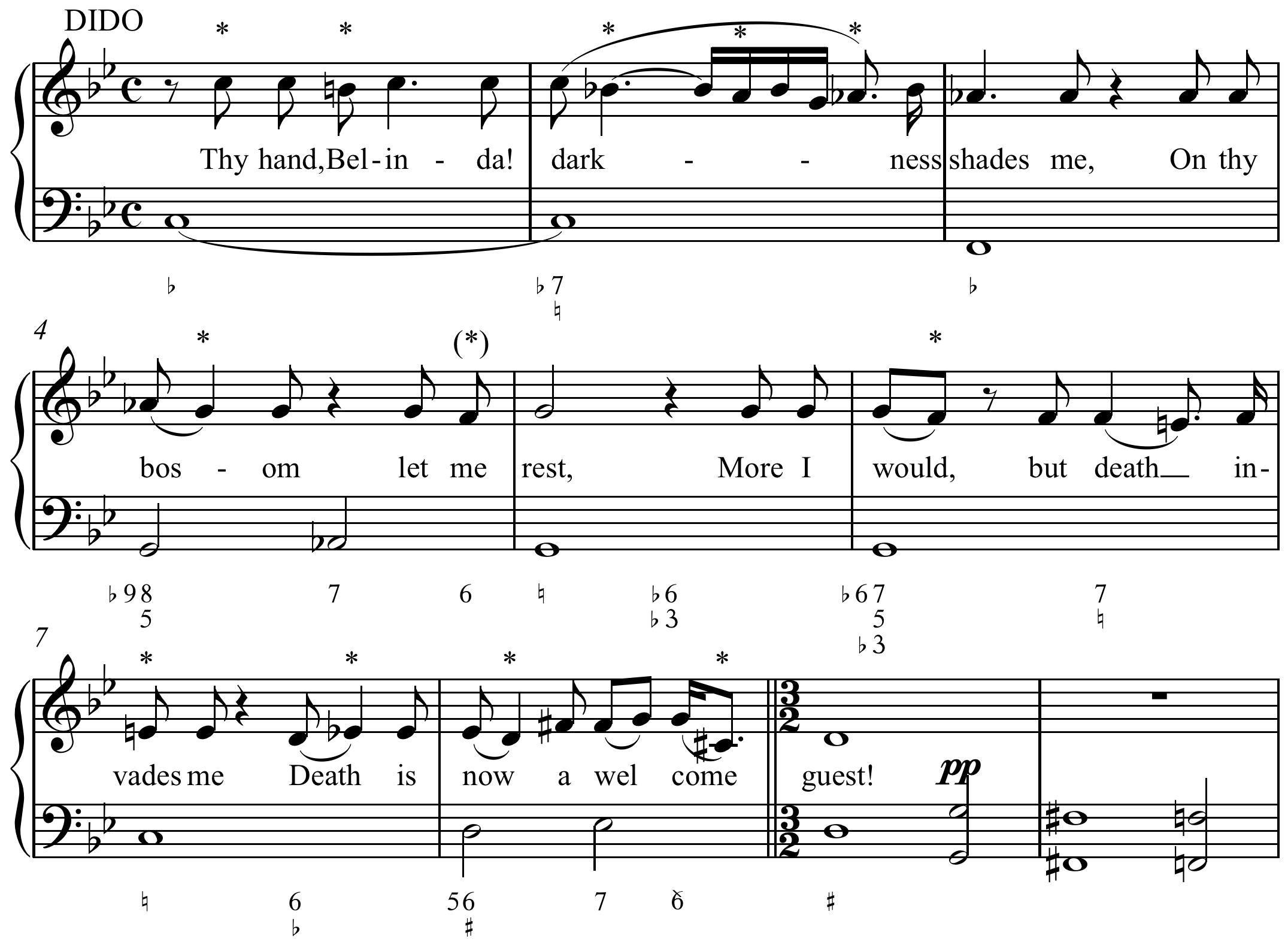|
Palokë Kurti
Palokë Kurti (1858–1920) was an Albanian composer, performer, and singer. A native of Shkodër, he was a musical amateur who composed the ''Unity of Albania March'' (''Bashkimi Shqipnis'') in 1881. Kurti took his first piano lessons from the Italian musician Giovanni Canale. During his youth he was in contact with the ''aheng'' groups from which he learned their way of singing and also how to compose verses in the ''bejtexhi'' style. He joined the Shkodra band in 1878 and two years later became its bandmaster. After the ''Bashkimi Shqipnis March'' he also composed several marches, polkas and mazurkas in the Mittel-Europa tradition. However the compositions related to national music are the ones that will make him important in the history of the music of Albania. Kurti composed two potpourris on Shkodrane urban popular songs called "The Musical Entertainment of our Forefathers", the second of which is in F Major. In this potpourri he uses an entirely diatonic modal language and ... [...More Info...] [...Related Items...] OR: [Wikipedia] [Google] [Baidu] |
Shkodër
Shkodër ( , ; sq-definite, Shkodra; historically known as Scodra or Scutari) is the List of cities and towns in Albania, fifth-most-populous city of Albania and the seat of Shkodër County and Shkodër Municipality. Shkodër has been List of oldest continuously inhabited cities, continuously inhabited since the Early Bronze Age ( 2250–2000 BC), and has roughly 2,200 years of recorded history. The city sprawls across the Plain of Mbishkodra between the southern part of Lake Skadar, Lake Shkodër and the foothills of the Albanian Alps on the banks of the Buna (Adriatic Sea), Buna, Drin (river), Drin and Kir (river), Kir rivers. Due to its proximity to the Adriatic Sea, Shkodër is affected by a seasonal Mediterranean climate with Continental climate, continental influences. An urban settlement called ''Skodra'' was founded by the Illyrians, Illyrian tribe of Labeatae in the 4th century BCE. It became the capital of the Illyrian kingdom under the Ardiaei and Labeatae and was one ... [...More Info...] [...Related Items...] OR: [Wikipedia] [Google] [Baidu] |
Bejtexhi
A bejtexhi (, , a compound of Arabic ] and [from Turkish , occupational suffix]; plural: bejtexhinj ) was a popular bard of the Muslim tradition in Ottoman Albania. The genre of literature created by bejtexhinj in the 18th century prevailed in different cities of what is now Albania, Kosovo, Chameria as well as in religious centers. The spread of the bejtexhinj was a product of two different significant factors. One factor was a demand in religious practices to write in Albanian and to free it from foreign influence. The other factor was the accretion of ideological pressure from Turkish rulers. The ruling Ottomans sought the submission of Albanians through the Muslim religion and culture. Albania rulers opened their own schools with many bejtexhinj in attendance. History The bejtexhinj wrote Albanian in the Elifba alphabet, an adaption of the Ottoman Turkish alphabet, often with heavy influence from Ottoman Turkish in the form of loanwords. Bejtexhi literature had two deve ... [...More Info...] [...Related Items...] OR: [Wikipedia] [Google] [Baidu] |
Potpourri (music)
Potpourri or Pot-Pourri ( , ; ) is a kind of musical form structured as ABCDEF..., the same as medley or, sometimes, fantasia. It is often used in light, easy-going and popular types of music. This is a form of arrangement where the individual sections are simply juxtaposed with no strong connection or relationship. This type of form is organized by the principle of non- repetition. This is usually to be applied to a composition that consists of a string of favourite tunes, like a potpourri based on either some popular opera, operetta, or a collection of songs, dances, etc. The term has been in use since the beginning of the 18th century, or to be more specific, since it was used by the French music publisher Christophe Ballard (1641–1715) for the edition of a collection of pieces in 1711. In the 18th century the term was used in France for collections of songs which, with a thematic link, were sometimes given stage presentation. Later the term was used also for instrume ... [...More Info...] [...Related Items...] OR: [Wikipedia] [Google] [Baidu] |
Diatonic
Diatonic and chromatic are terms in music theory that are used to characterize scales. The terms are also applied to musical instruments, intervals, chords, notes, musical styles, and kinds of harmony. They are very often used as a pair, especially when applied to contrasting features of the common practice music of the period 1600–1900. These terms may mean different things in different contexts. Very often, ''diatonic'' refers to musical elements derived from the modes and transpositions of the "white note scale" C–D–E–F–G–A–B. In some usages it includes all forms of heptatonic scale that are in common use in Western music (the major, and all forms of the minor). ''Chromatic'' most often refers to structures derived from the chromatic scale in 12-tone equal temperament, which consists of all semitones. Historically, however, it had other senses, referring in Ancient Greek music theory to a particular tuning of the tetrachord, and to a rhythmic notati ... [...More Info...] [...Related Items...] OR: [Wikipedia] [Google] [Baidu] |
Turkish Makam
The Turkish makam ( Turkish: ''makam'' pl. ''makamlar''; from the Arabic word ''maqām'' ) is a system of melody types used in Turkish classical music and Turkish folk music. It provides a complex set of rules for composing and performance. Each makam specifies a unique intervalic structure (''cinsler'' meaning genera) and melodic development (''seyir''). Whether a fixed composition ('' beste'', '' şarkı'', '' peşrev'', '' âyin'', etc.) or a spontaneous composition ('' gazel'', '' taksim'', recitation of '' Kuran-ı Kerim'', '' Mevlid'', etc.), all attempt to follow the melody type. The rhythmic counterpart of makam in Turkish music is usul. Geographic and cultural relations The Turkish makam system has some corresponding relationships to maqams in Arabic music and '' echos'' in Byzantine music. Some theories suggest the origin of the makam to be the city of Mosul in Iraq. "Mula Othman Al-Musili," in reference to his city of origin, is said to have served in the Ottoman ... [...More Info...] [...Related Items...] OR: [Wikipedia] [Google] [Baidu] |
Corfu
Corfu ( , ) or Kerkyra (, ) is a Greece, Greek island in the Ionian Sea, of the Ionian Islands; including its Greek islands, small satellite islands, it forms the margin of Greece's northwestern frontier. The island is part of the Corfu (regional unit), Corfu regional unit, and is administered by three municipalities with the islands of Othonoi, Ereikoussa, and Mathraki. The principal city of the island (pop. 32,095) is also named Corfu (city), Corfu. Corfu is home to the Ionian University. The island is bound up with the history of Greece from the beginnings of Greek mythology, and is marked by numerous battles and conquests. Ancient Korkyra (polis), Korkyra took part in the Battle of Sybota which was a catalyst for the Peloponnesian War, and, according to Thucydides, the largest naval battle between Greek city states until that time. Thucydides also reports that Korkyra was one of the three great naval powers of Greece in the fifth century BCE, along with Classical Athens, At ... [...More Info...] [...Related Items...] OR: [Wikipedia] [Google] [Baidu] |
1858 Births
Events January–March * January 9 ** Revolt of Rajab Ali: British forces finally defeat Rajab Ali Khan of Chittagong. ** Anson Jones, the last president of the Republic of Texas, commits suicide. * January 14 – Orsini affair: Piedmontese revolutionary Felice Orsini and his accomplices fail to assassinate Napoleon III in Paris, but their bombs kill eight and wound 142 people. Because of the involvement of French émigrés living in Britain, there is a brief anti-British feeling in France, but the emperor refuses to support it. * January 25 – The '' Wedding March'' by Felix Mendelssohn becomes a popular wedding recessional, after it is played on this day at the marriage of Queen Victoria's daughter Victoria, Princess Royal, to Prince Friedrich of Prussia in St James's Palace, London. * January ** Benito Juárez becomes the Liberal President of Mexico and its first indigenous president. At the same time, the conservatives installed Félix María Zuloaga as a ... [...More Info...] [...Related Items...] OR: [Wikipedia] [Google] [Baidu] |
1920 Deaths
Events January * January 1 ** Polish–Soviet War: The Russian Red Army increases its troops along the Polish border from 4 divisions to 20. ** Kauniainen in Finland, completely surrounded by the city of Espoo, secedes from Espoo as its own market town. * January 7 – Russian Civil War: The forces of White movement, Russian White Admiral Alexander Kolchak surrender in Krasnoyarsk; the Great Siberian Ice March ensues. * January 10 ** The Treaty of Versailles takes effect, officially ending World War I. ** The League of Nations Covenant enters into force. On January 16, the organization holds its first council meeting, in Paris. * January 11 – The Azerbaijan Democratic Republic is recognised de facto by European powers in Palace of Versailles, Versailles. * January 13 – ''The New York Times'' Robert H. Goddard#Publicity and criticism, ridicules American rocket scientist Robert H. Goddard, which it will rescind following the launch of Apollo 11 in 1969. * Janua ... [...More Info...] [...Related Items...] OR: [Wikipedia] [Google] [Baidu] |
Albanian Composers
Albanian may refer to: *Pertaining to Albania in Southeast Europe; in particular: **Albanians, an ethnic group native to the Balkans **Albanian language **Albanian culture **Demographics of Albania, includes other ethnic groups within the country *Pertaining to other places: **Albania (other) **Albany (other) **St Albans (other) *Albanian cattle *Albanian horse *''The Albanian'', a 2010 German-Albanian film See also * *Olbanian language * Albani people *Albaniana (other) *Alba (other) Alba is the Scottish Gaelic name for Scotland. Alba or ALBA may also refer to: Arts, entertainment and media Fictional characters * Alba (Darkstalkers), Alba ''(Darkstalkers)'', a character in the Japanese video game * Alba (The Time Traveler's ... {{Disambiguation Language and nationality disambiguation pages ... [...More Info...] [...Related Items...] OR: [Wikipedia] [Google] [Baidu] |
Musicians From Shkodër
A musician is someone who composes, conducts, or performs music. According to the United States Employment Service, "musician" is a general term used to designate a person who follows music as a profession. Musicians include songwriters, who write both music and lyrics for songs; conductors, who direct a musical performance; and performers, who perform for an audience. A music performer is generally either a singer (also known as a vocalist), who provides vocals, or an instrumentalist, who plays a musical instrument. Musicians may perform on their own or as part of a group, band or orchestra. Musicians can specialize in a musical genre, though many play a variety of different styles and blend or cross said genres, a musician's musical output depending on a variety of technical and other background influences including their culture, skillset, life experience, education, and creative preferences. A musician who records and releases music is often referred to as a recordin ... [...More Info...] [...Related Items...] OR: [Wikipedia] [Google] [Baidu] |




